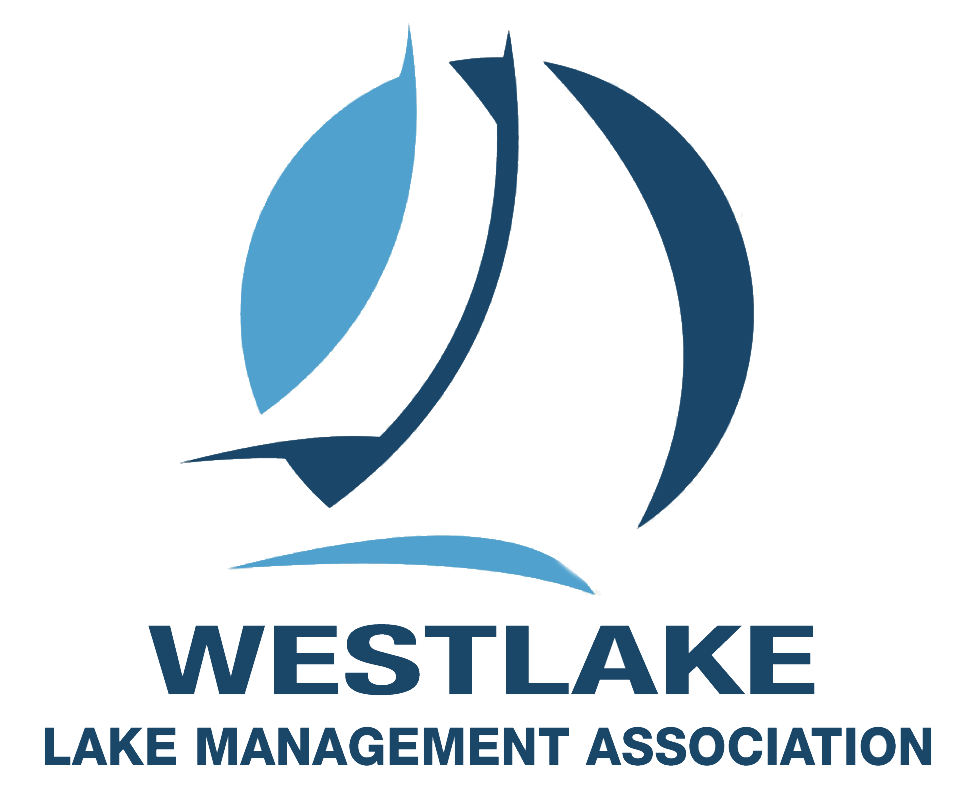Smart Gardening Practices and Tips
Not many homeowners realize that lawn and garden fertilizers can cause water quality problems in Westlake Lake and in our natural watercourses. The entire land area within the City’s boundaries ultimately drains into Westlake Lake and downstream tributaries. Therefore, all residents can be part of the solution in improving water quality by employing some simple steps to protect our beautiful surroundings. These actions include:
Perform soil tests to determine whether fertilization for the garden is needed.
Over-fertilization is a common problem and the excess can leach into ground water or contaminate rivers and lakes.
Mulch grass clipping in the lawn to replenish nutrients.
Keep fertilizer off of paved surfaces. When granular fertilizer gets onto paved surfaces, collect it for later use or sweep in onto the lawn.
Avoid getting fertilizer into the natural drainage areas on your property.
Refrain from applying fertilizer if the threat of a rainstorm is forecasted.
Consider the use of organic fertilizers, because they release nutrients more slowly.
Calibrate your applicator before applying pesticides or fertilizers. As equipment ages annual adjustments may be needed.
Compost your yard trimmings. Compost is a valuable soil conditioner that gradually releases nutrients to your lawn and garden.
Spread mulch on bare ground to help prevent erosion and runoff.
Keep storm gutters and drains clean of leaves and your yard trimmings; decomposing vegetative matter leaches nutrients and can clog storm systems and result in flooding.
Select a professional lawn care service that employs trained technicians and follows practices designed to minimize the use of fertilizers and pesticides.
Water your lawn or garden using slow-watering techniques such as trickle irrigation or soaker hoses. These devices reduce runoff and are 20-percent more effective that sprinklers.
